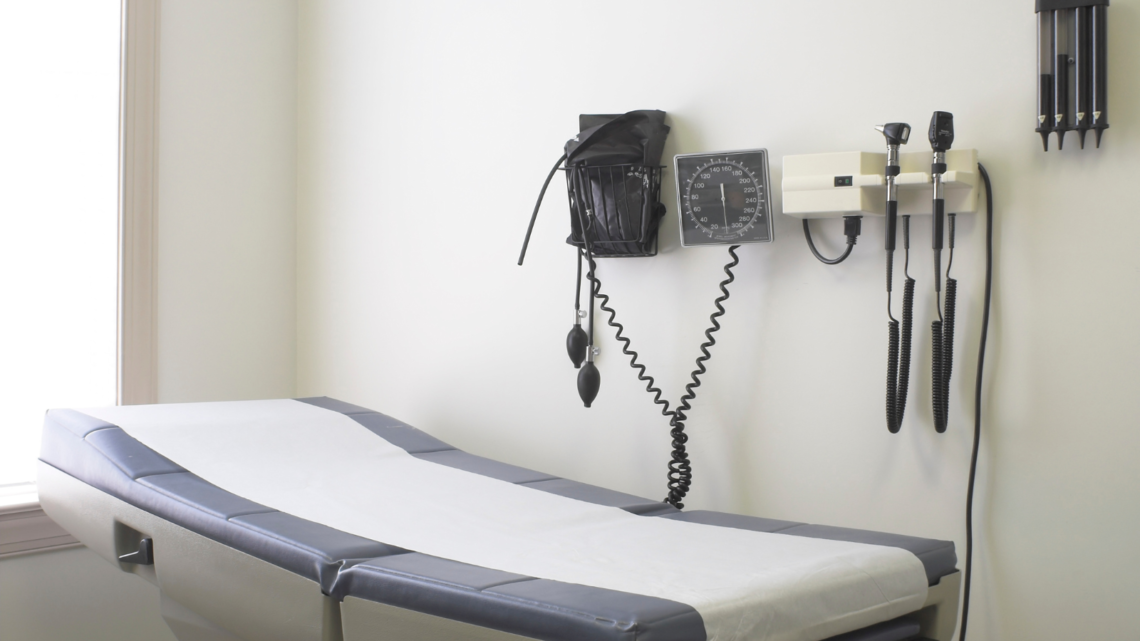
Year-End Health Checkup
As we approach the end of the year, it’s an opportune time for us to pause and reflect on our health. This period of introspection is not just about looking back at the year that’s been but also about setting intentions and planning for a healthier future. In this extensive guide, we’ll explore the importance of year-end health checkups, how to assess your health effectively, and strategies to set achievable health goals for the new year.
The Importance of Year-End Health Checkups
Health checkups, often perceived as a chore or an afterthought for many, are in fact a crucial aspect of preventive healthcare. These evaluations act as a frontline defense, unearthing potential health issues before they escalate into more significant problems. The end of the year, with its inherent nature of closure and new beginnings, is an ideal time to schedule these appointments. It’s a period when individuals can take stock of their health over the past year and set intentions for the coming one.
For Canadians, our healthcare system emphasizes the importance of preventive care, yet it’s often underutilized. A year-end health checkup is comprehensive; it typically includes a full physical examination, which is pivotal in assessing your overall health status. Blood tests, blood pressure monitoring, and other diagnostic tests might be part of this evaluation, tailored to your age, gender, and medical history. These checkups are not just about finding illness but also about maintaining wellness, providing an opportunity to discuss lifestyle choices, such as diet, exercise, alcohol consumption, and smoking, with your healthcare provider.
Setting Health Goals for the New Year
As we bid adieu to the old year and welcome the new, setting health goals is a profound way to start. Unlike the often fleeting New Year resolutions, these health goals should be seen as sustainable changes, steps towards a healthier lifestyle. The discussion with your healthcare provider during your year-end checkup can serve as a blueprint for these goals. Whether it’s incorporating more physical activity into your daily routine, adopting a healthier diet, reducing stress, or managing chronic conditions more effectively, these objectives should be realistic, measurable, and achievable.
The Psychological Benefits
There’s also a psychological aspect to consider. The end of the year can sometimes bring about introspection and self-evaluation, leading to feelings of anxiety or stress. A health checkup can provide reassurance and peace of mind. It’s an affirmation that you are taking proactive steps towards maintaining your health. Furthermore, setting health goals can imbue a sense of purpose and direction as you enter the new year, fostering a positive mindset.
The Role of Technology in Health Management
In today’s digital age, technology plays a significant role in health management. Electronic health records, telemedicine, and health apps have transformed the way we interact with healthcare providers and manage our health. Canadians can leverage these tools to track their health goals, monitor progress, and stay connected with their healthcare providers. For instance, a simple step counter app on your smartphone can be a motivational tool in achieving physical activity goals.
Community and Support Systems
Health is not just an individual journey; it’s a collective effort. The end of the year is a time when communities come together, offering an added layer of support. Engaging with community health programs, participating in group fitness activities, or simply sharing your health goals with friends and family can create a support system that encourages accountability and perseverance.
As we stand at the precipice of a new year, let us embrace the opportunity to prioritize our health. A year-end health checkup is not just a routine procedure; it’s a cornerstone of preventive healthcare and a stepping stone towards a healthier future. It’s a chance to set meaningful health goals and to embark on a journey of wellness with renewed vigour and commitment. In doing so, we not only improve our own lives but also set a positive example for those around us, contributing to a healthier community and, by extension, a healthier nation.

